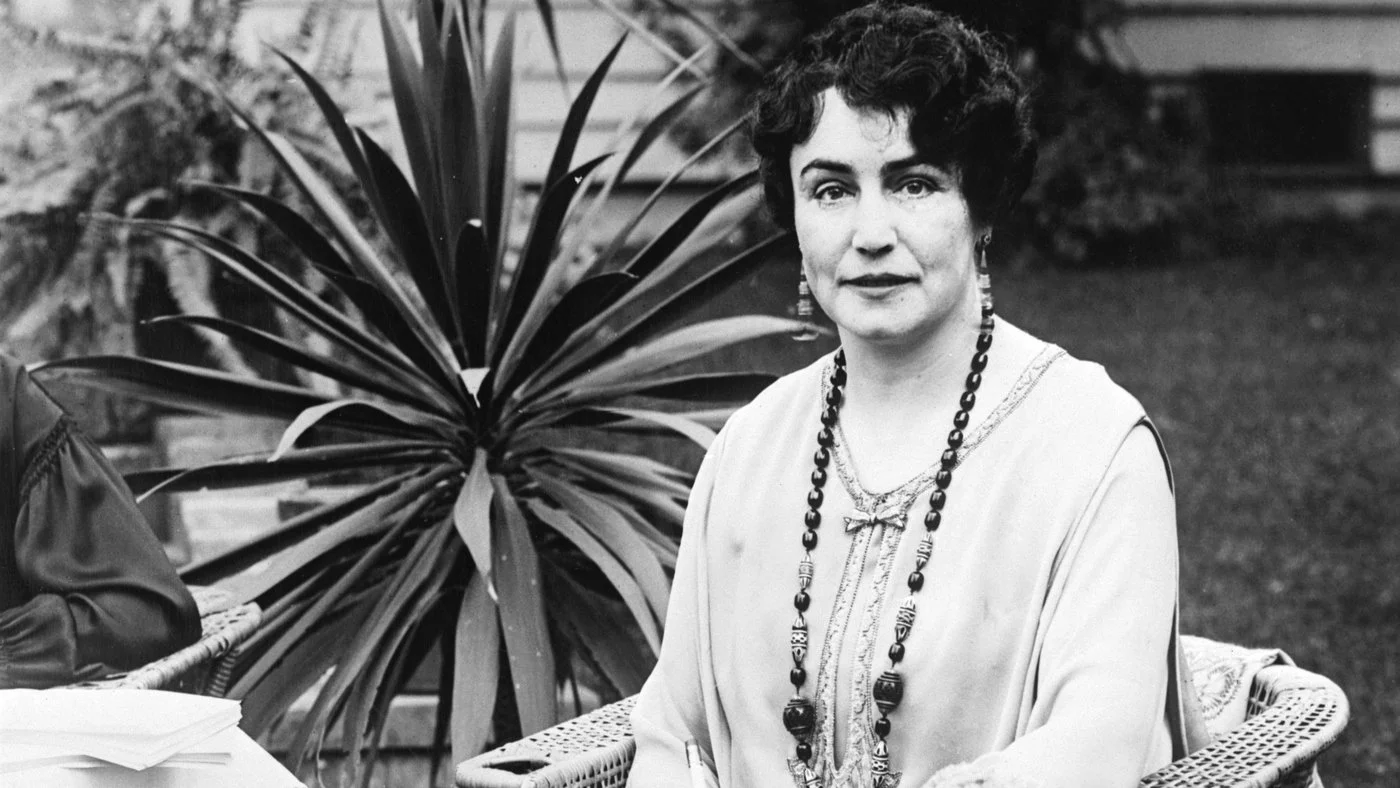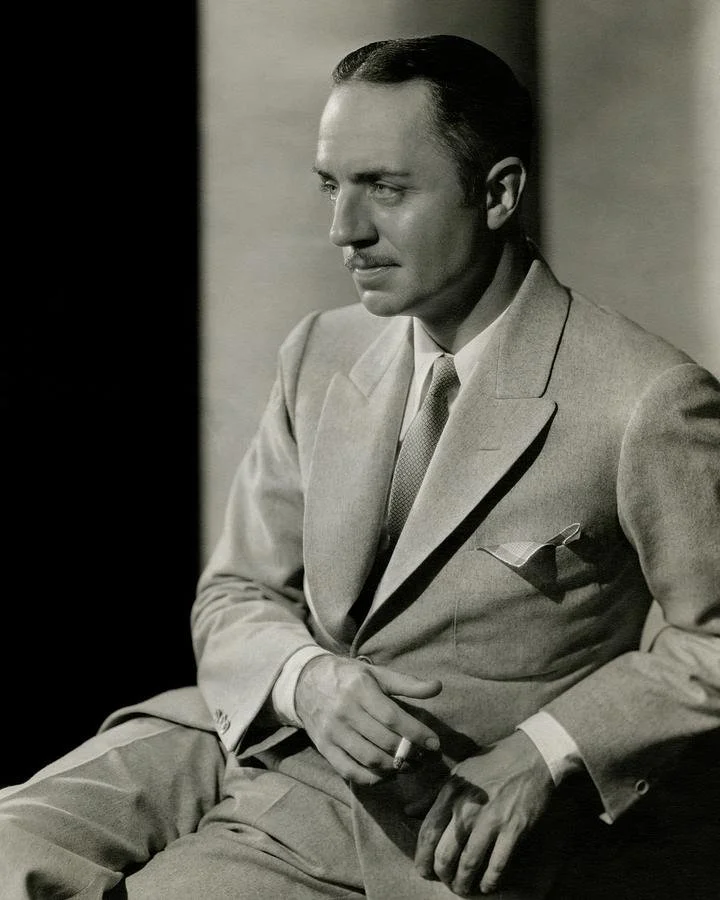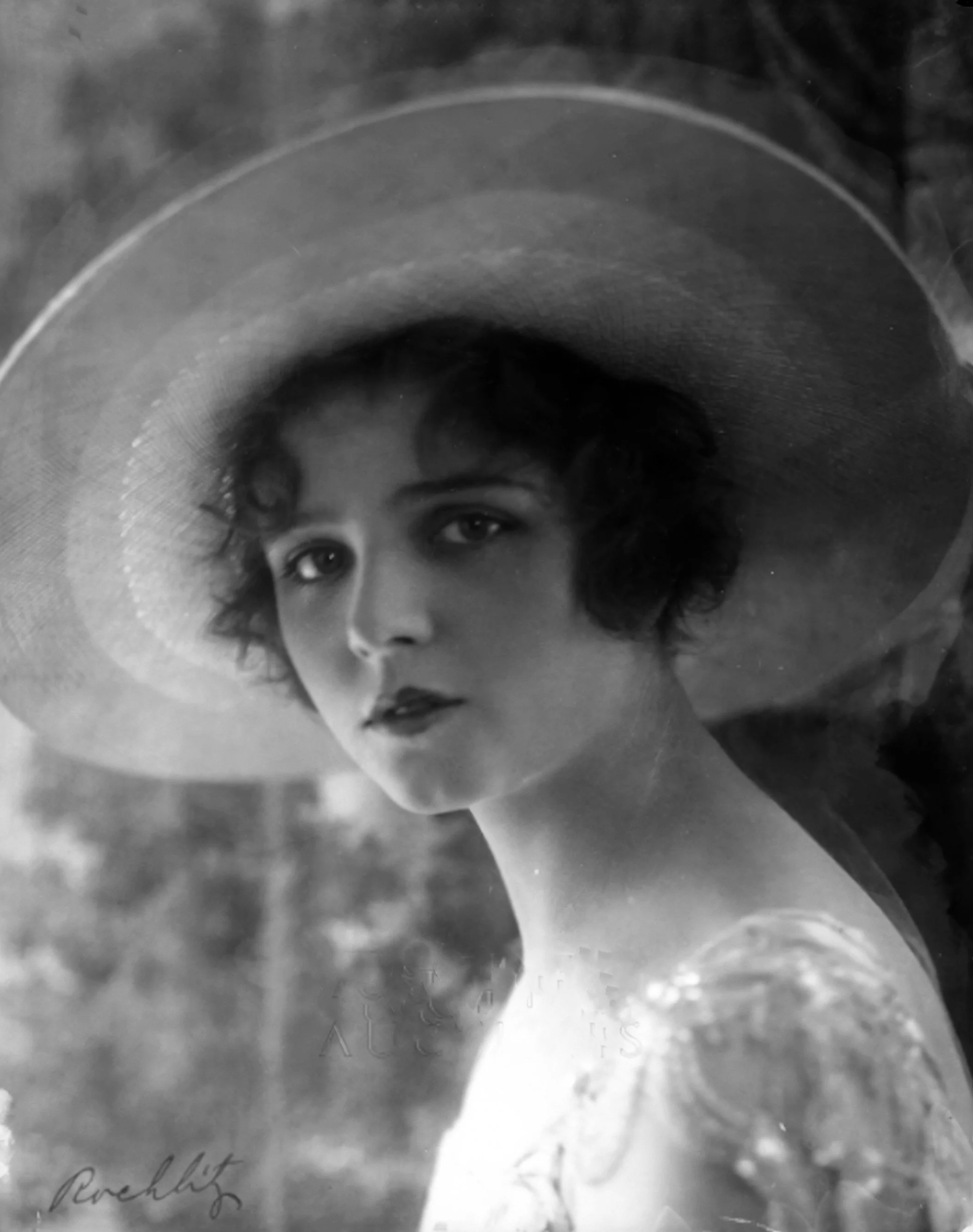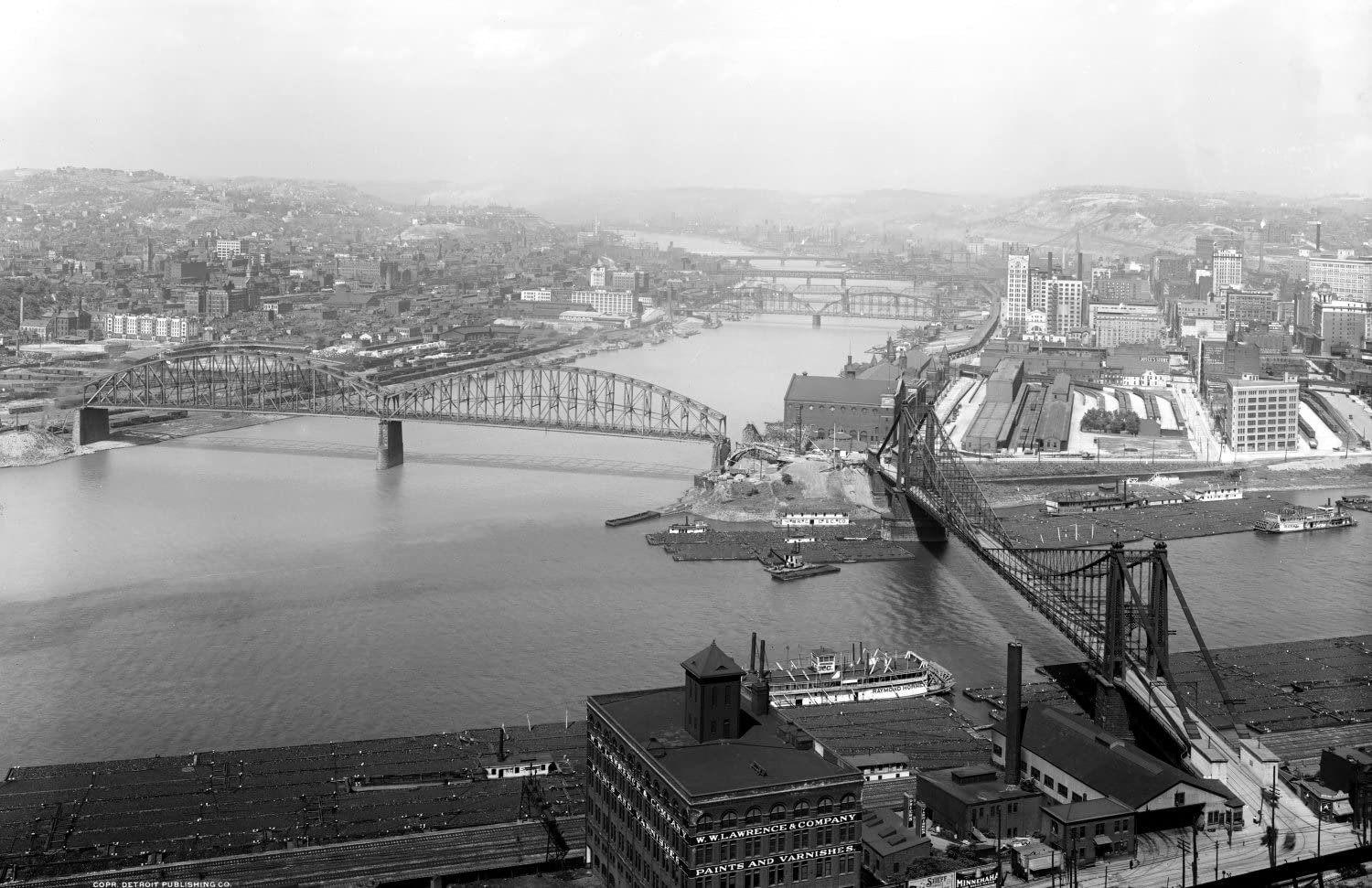
Silent Stars In Pittsburgh
We welcome submissions of blurbs about Pittsburgh’s notable silent personalities below. If you’d like to help, please email us (before you write anything) at pittsburghsilentfilmsociety@gmail.com.
-
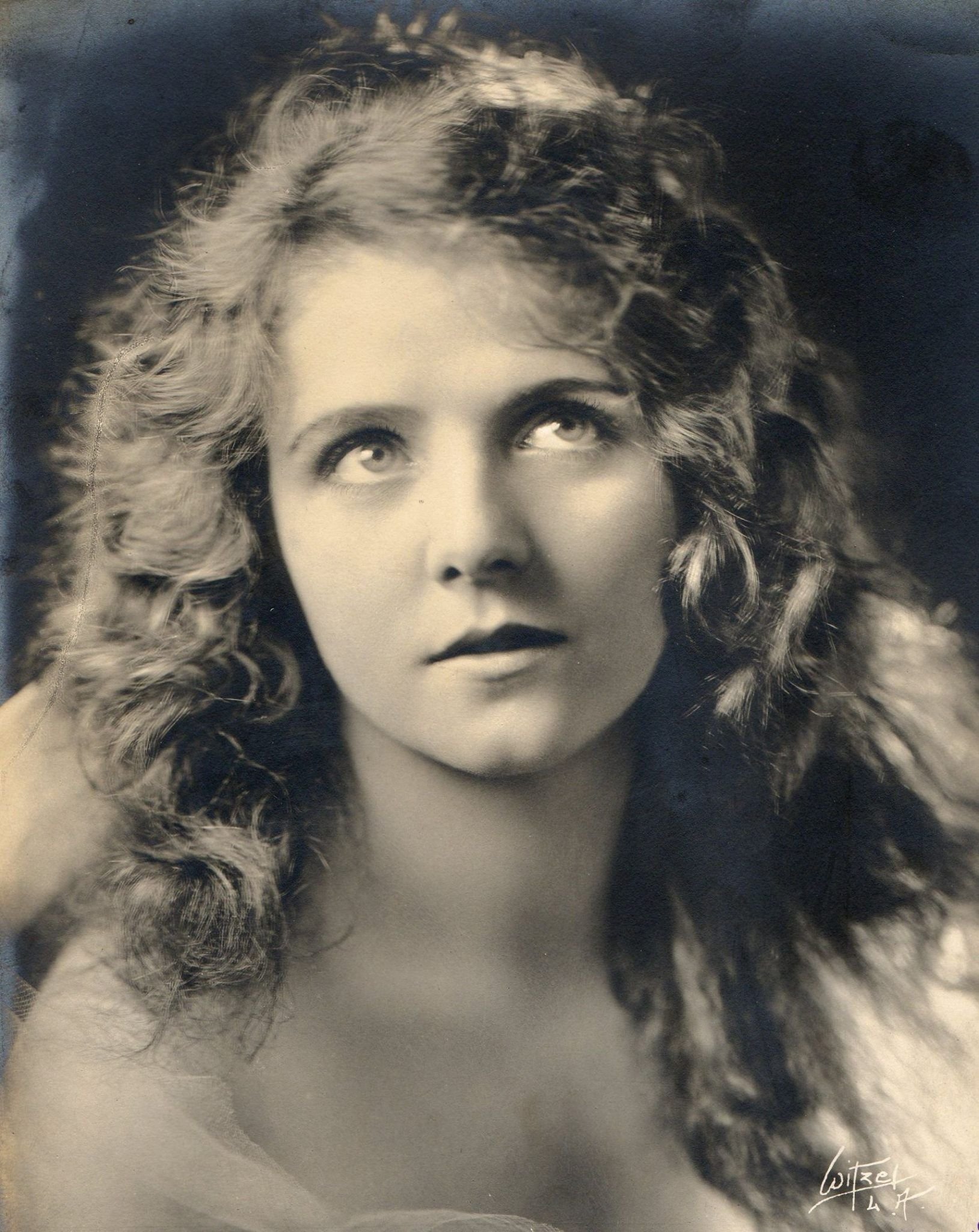
Olive Thomas
Born in Charleroi near Pittsburgh on October 20, 1894. After her steelworker father died in a work-related accident in 1906, the family moved to McKees Rocks. She worked at Joseph Horne’s Department Store and Kaufmann’s in downtown Pittsburgh. She moved to New York City in 1913 and became a famous artist’s model and Ziegfeld Follies girl. She starred in numerous films, including OUT YONDER (1917), THE FLAPPER (1920), and her last and perhaps most successful film EVERYBODY’S SWEETHEART (1920).
She was married to actor Jack Pickford, the younger brother of fellow silent-film star Mary Pickford. On September 10, 1920, Thomas died in Paris five days after ingesting her husband's syphilis medication, mercury dichloride, that brought on acute nephritis. Although her death was ruled accidental, news of her hospitalization and subsequent death were the subject of speculation in the press. Thomas' death has been cited as one of the early scandals in Hollywood that was heavily publicized. She is buried at Woodlawn Cemetery in The Bronx.
See Vincent Ciaramella’s Powerpoint with information on Olive Thomas’s Pittsburgh history HERE.
-

Thomas Meighan
Coming Soon …
.
-

Lois Weber
Florence Lois Weber was born on June 13, 1879, in Allegheny City, now part of Pittsburgh. Some regard her as one of the most important and prolific film directors in the era of silent films. Film historian Anthony Slide wrote: "Along with D. W. Griffith, Weber was the American cinema's first genuine auteur, a filmmaker involved in all aspects of production and one who utilized the motion picture to put across her own ideas and philosophies".
Some of her more notable films include HYPOCRITES, which featured the first full-frontal female nude scene; WHERE ARE MY CHILDREN, which discussed abortion and birth control and was added to the National Film Registry in 1993; her adaptation of Edgar Rice Burrough’s TARZAN OF THE APES for the very first Tarzan film; and THE BLOT. She is credited with discovering, mentoring, or making stars of several women actors, including Mary MacLaren also (from Pittsburgh, see below), Billie Dove, Anita Steward, and also inspiring screenwriter Frances Marion.
She died at 60 years old on November 13, 1939, destitute, from a bleeding ulcer. She was cremated, but the location of her remains are unknown. She was awarded a star on the Hollywood Walk of Fame in 1960. A Historic Marker was dedicated to her at the Carnegie Library of Pittsburgh Allegheny branch in 2019.
See a full article on Lois Weber by Thomas Wilson from The Allegheny City Society’s Reporter Dispatch HERE.
-

Adolph Menjou
Born in Pittsburgh on February 18, 1890, Menjou’s French father managed the Hotel Duquesne, where he met Adolph’s Irish mother, who also worked there. A few of his notable films include Charlie Chaplin’s A WOMAN OF PARIS, Kubrick’s PATHS OF GLORY with Kirk Douglas, THE SHEIK with Rudolph Valentino, A STAR IS BORN with Janet Gaynor, and he was nominated for an Oscar for THE FRONT PAGE.
He famously publicly feuded with Katherine Hepburn over his cooperation with the HUAC hearings. He died on October 29, 1963 of hepatitis in Beverly Hills, CA and buried at Hollywood Forever Cemetery.
-
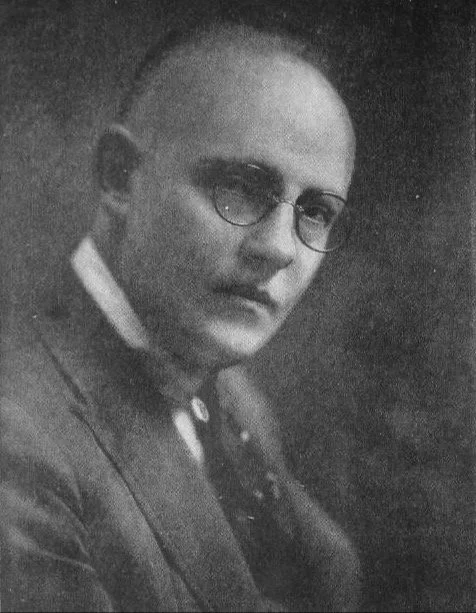
Richard Rowland
Richard Rowland was born and raised in Pittsburgh, the son of James and Emma Morton Rowland. As a young boy growing up in the late 1800s, he delivered supplies for the family's calcium light business. Calcium lighting was used at that time for bright spots and floodlight effects in theaters around the city.
Over the years, Rowland earned the nickname "the Calcium Kid" and became fascinated with the burgeoning movie industry. When movie houses asked Rowland whether he could supply rental films, he borrowed $2000 and expanded the business into film distribution. By 1908-1909, the company was touted as one of the nation's largest film rental companies.
But the 1910s brought major changes to the movie world, as film production, distribution and exhibition became more standardized and centralized. Many independent distribution companies were swallowed up by the General Film Corporation (GFC.) In 1910, Rowland and his then partner James B. Clark sold their business to GFC for "more money that I thought existed," Rowland said in a 1941 interview with the Pittsburgh Post Gazette.
But that didn’t end Rowland’s love affair with the movies. He and Clark opened a string of movie houses throughout the city, including the 1000-seat Regent Theatre, located at Penn and Highland avenues in East Liberty. In 1915, Rowland went to New York City to serve as the president of the newly launched Metro Pictures. Metro originally focused on movie distribution but soon announced plans to produce its own films. Rowland’s greatest success at Metro was the production of The Four Horsemen of the Apocalypse, which brought Rudolph Valentino to stardom.
Rowland followed his stint at Metro with work at some of Hollywood’s biggest studios including First National, Fox Film and RKO. He died in 1947 in New York and is buried in Pittsburgh’s Homewood Cemetery.
-

Lois Moran
Coming Soon …
-

Tom Mix
Coming Soon …
.
-

William Powell
Coming Soon …
SEE TWO ARTICLES BELOW ON WILLIAM POWELL
-

Lewis Selznick
Coming Soon …
-
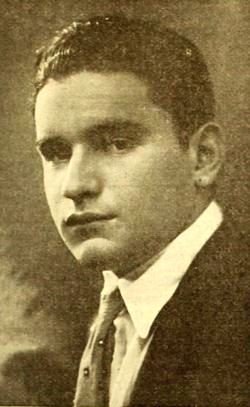
Myron Selznick
Coming Soon …
.
-

David O. Selznick
Coming Soon …
-
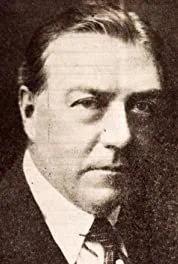
James Gordon
Coming Soon …
-
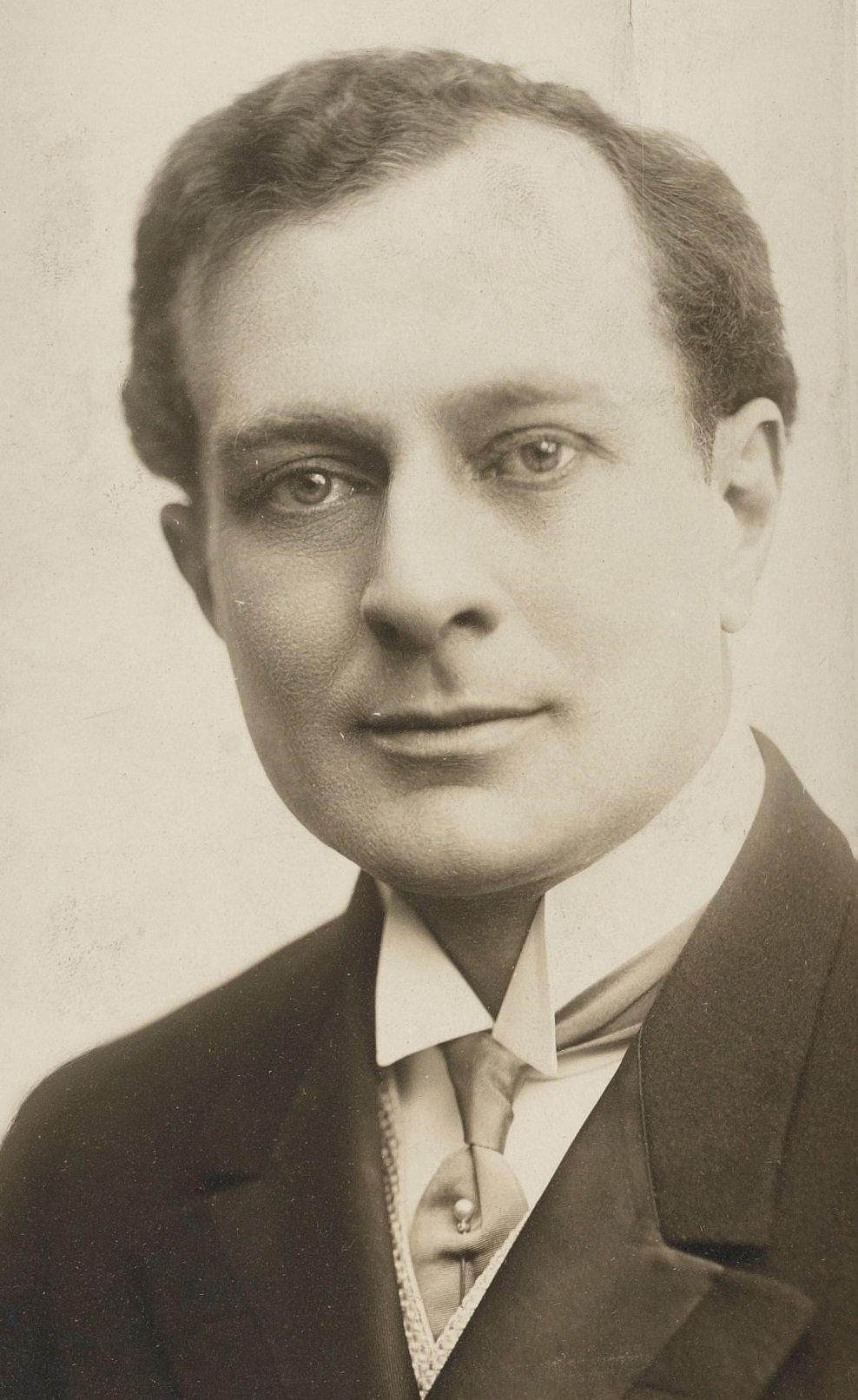
Maurice Costello
Coming Soon …
-

Helene Costello
Coming Soon …
.
-

Dolores Costello
Coming Soon …
-

Lillian Russell
Coming Soon …
-
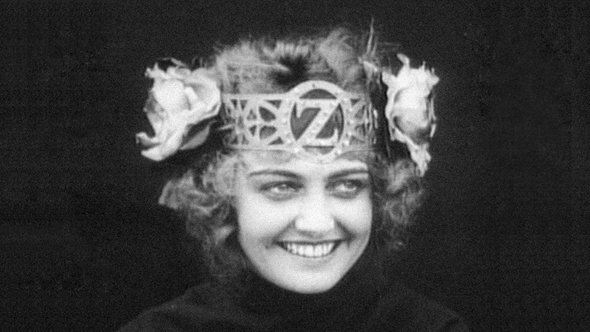
Vivian Reed
Coming Soon …
-

Lois Wilson
Coming Soon …
.
-

Katherine McDonald
Coming Soon …
-
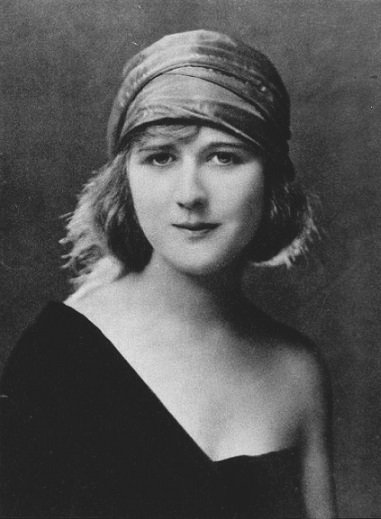
Mary MacLaren
Coming Soon …
-

Dick Powell
Coming Soon …
-
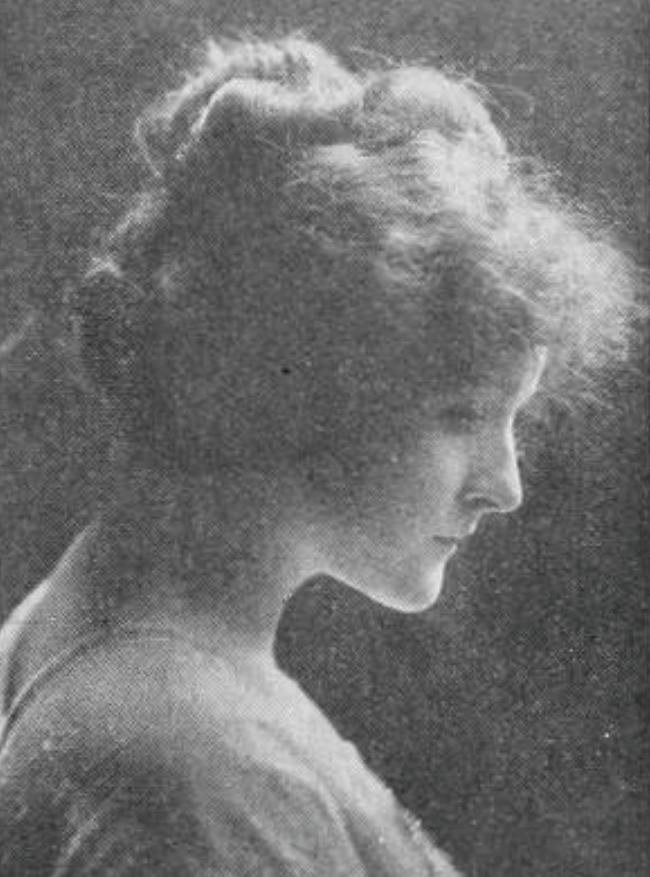
Clara Whipple
Coming Soon …
.
-

Charles Hutchison
Coming Soon …
-

Oscar "Dutch" Hendrian
Coming Soon …
-

Chico Marx
Coming Soon …
-

Edwin S. Porter
Coming Soon …
.
-
Natalie Moorhead
Coming Soon …
-
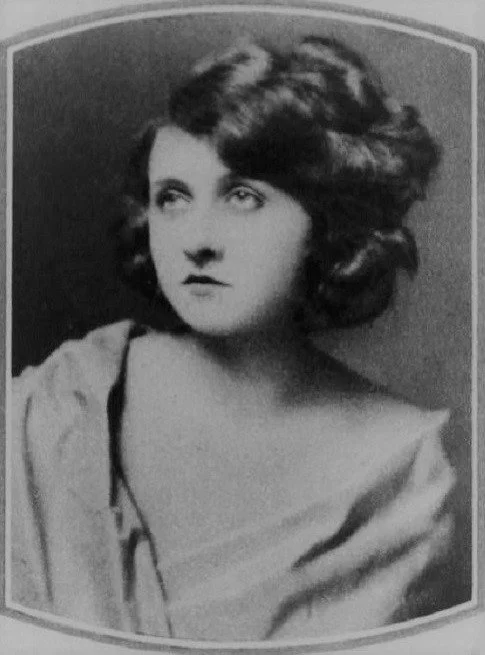
Yvonne Hughes
Coming Soon …
-
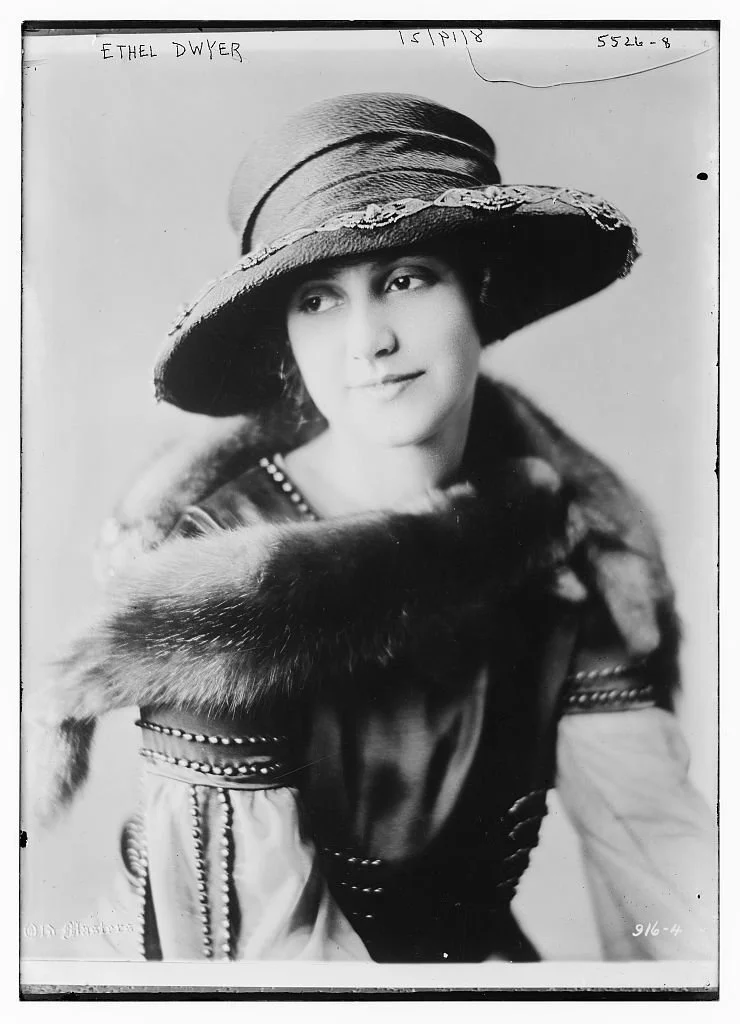
Ethel Dwyer
Coming Soon …
-
Coming Soon …
.
-
Coming Soon …
-
Coming Soon …
From The Allegheny City Society’s Reporter Dispatch
LOIS WEBER: DAUGHTER OF ALLEGHENY
by Tom Wilson, Spring 2012 Number 57
Permission by Tom Wilson
Our understanding of history depends on both what is writ- ten down, as well as what that history is written upon. Motion pictures prove this point. Upon screening Cecil B. DeMille’s Birth of a Nation in 1915, Woodrow Wilson supposedly claimed: “This is like history writ with lightning!” But just as lightning is gone in a flash, so too is motion picture film.
From 1896 until 1952, most movies were shot and released on cellulose nitrate film. Nitrate film has a chemical compo- sition similar to gunpowder; and if not stored correctly, can rapidly decay. Most of the films from the silent era are gone. Some say more than 80% are lost forever …
From The Allegheny City Society’s Reporter Dispatch
STREETCARS AND BLACKSMITHS - The story of Allegheny’s William Powell
by Tom Wilson, Winter 2014 Number 62
Permission by Tom Wilson
Myrna Loy described the great actor William Powell as: “... a brilliant actor, a delightful companion, a great friend, and, above all, a true gentleman.” His years spent growing up in Allegheny City no doubt influenced Ms. Loy’s experience. That’s right: William Powell was from Allegheny City!
William Horatio Powell was born July 29, 1892 to Horatio Warren Powell and Nettie Manilla Powell. His mother was originally a Brady. We have reason to believe that he was born in Allegheny .
William Powell in the Pittsburgh Press/Post-Gazette from 1931, the reporter claims that Powell was born on Federal Street, but there are no listings in the Allegheny and Pittsburgh Directories for the Powells until 1893. These first listings are only for the places that father Horatio Powell worked.
From The Allegheny City Society’s Reporter Dispatch
KANSAS CITY TO HOLLYWOOD - Allegheny’s William Powell achieves stardom
by Tom Wilson, Spring 2014 Number 63
Permission by Tom Wilson
In our last Reporter Dispatch, we talked about William Powell’s early life in Allegheny. He would look back fondly on
his childhood here in his later years, and no doubt took many valuable lessons with him when in 1907, William Powell’s
father Horatio took a better job in Kansas City, and moved the family there. William became a leading citizen of the Kansas City High School, where he edited the school paper, sang in the glee club and participated in several activities. His success in a public speaking class led the teacher to suggest that Bill get involved in acting in the Shakespeare Club and perform in the school’s play.
Bill loved acting, and decided that would be his career—not a career in law, as his parents had planned.
When he lived in Manchester, his after-school job had been delivering dry cleaning from Pfieffer’s Allegheny Steam Laundry. This vital experience helped Bill get a job in the Gent’s Furnishing Department of the Emery Bird Thayer Dry Goods Store in Kansas City. There he learned the ways of haberdashery; he would always afterward be known for his excellent taste in clothing …
OLIVE THOMAS IN PITTSBURGH
A tour of the life of Olive before she set out for New York
by Vincent Ciaramella
Permission by Vincent Ciaramella
Motion picture film was first commercially produced in 1889, but the innovation of adding a soundtrack directly onto the film next to the picture did not occur until the early 1930s. This roughly 40-year period marks the silent film era. Instead of soundtracks, movies had intertitles, or text, that described the action or dialogue for the events happening on the screen. But silent films weren’t “silent” - they almost always included live musical accompaniment on piano, theater organ, or by a small orchestra. Music was either improvised or performed from a score along with the movie, and it was as much a part of the cinema experience as what was seen on screen. The accompanying music teased dramatic tension, heightened pathos, humor and romance, and even added structure through recurring motifs and themes for different characters. The music brings the films to life.
Films from the silent period were printed on flammable nitrocellulose film stock, and rather than risk deadly fires, theaters and studios often destroyed or reclaimed silver content from prints after their theatrical runs were completed. An estimated 75% of all silent films made during this time period are now considered lost forever.
However, thousands of silent films still survive. Archives across the world work to preserve and restore these remaining movies, and a handful of film festivals and societies present them to the public as they become newly available. The San Francisco Silent Film Festival started in 1996 and has since become the largest annual silent film event in the US. Other silent film festivals are held in Chicago, Denver, and Kansas, and internationally in Canada and Italy.
Pittsburgh itself has a rich silent film history, producing such global film stars as Adolphe Menjou, Olive Thomas, Thomas Meighan, Lillian Russell, and Lois Weber. In fact, the world’s first movie theater, The Nickelodeon, opened on Smithfield Street in downtown Pittsburgh in 1905. Just two years later in 1907 the Warner Brothers opened their first theater, the Cascade Picture Palace, in New Castle, PA. They went on to establish one of the most successful movie studios in the world.
The majority of people in our region are not aware of Pittsburgh’s great film history, and have never seen a silent movie presented properly on a big screen with live musical accompaniment. Unfortunately, silent film programming in Pittsburgh has nearly vanished in recent years. The Hollywood Theater changed ownership and eliminated silent programming. The Melwood Screening room has permanently closed, and the Regent Theater, which previously hosted an annual silent film screening, is also now dark. With movie theaters being hit hard by the COVID-19 pandemic, additional closures in our area are likely imminent. Our cinema landscape is in dire straits, and in need of quality film programming now more than ever.
As the birthplace of the movie theater nearly 100 years ago, it is time for Pittsburgh to better showcase its rich cinematic history. Watch out for the 1st Annual Pittsburgh Silent Film Festival coming soon, and in the meantime, please catch our occasional screenings around the area!

